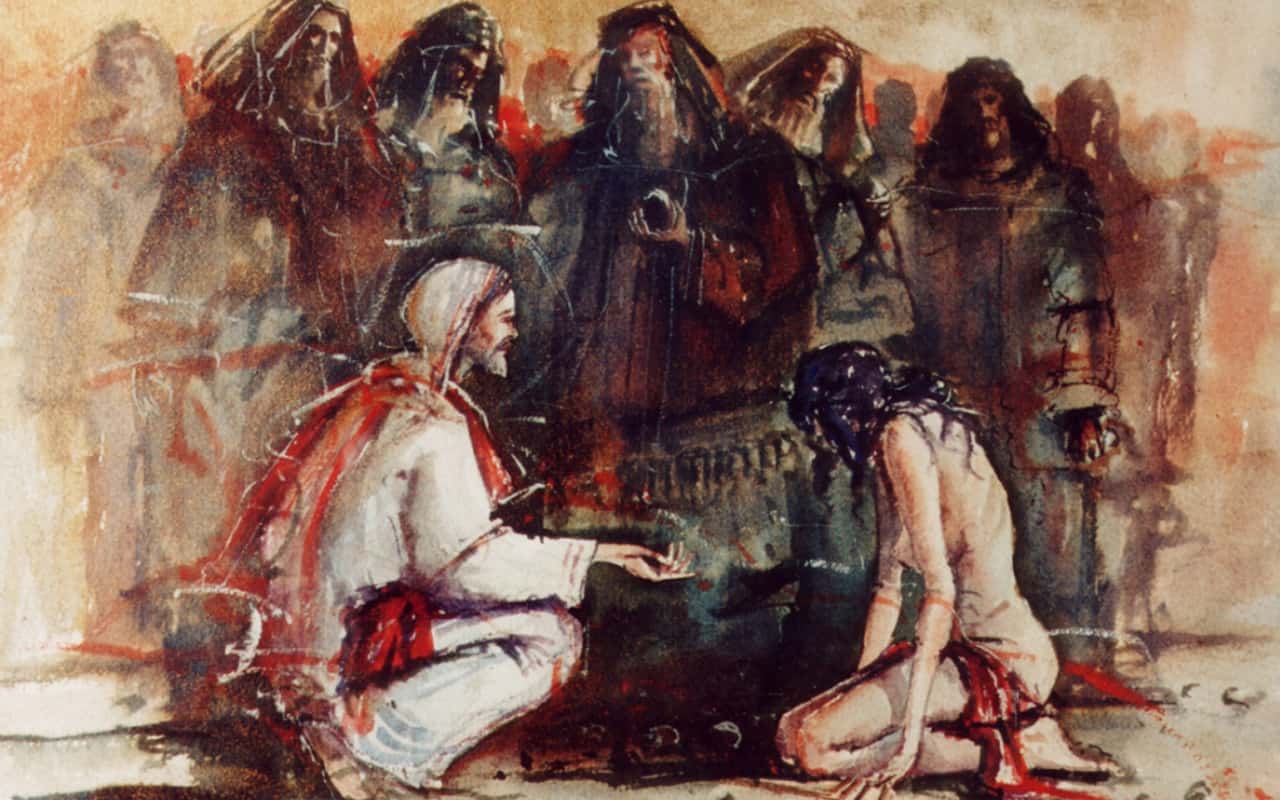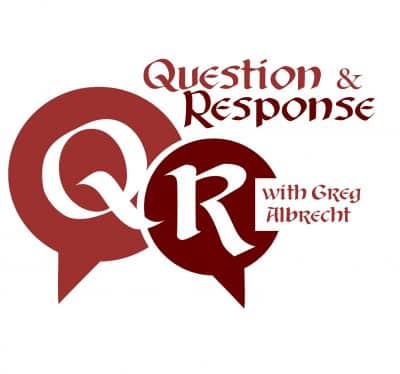Q & R with Brad Jersak – The Father of Love and OT genocide

Question
Since our Father is the lover of the human race how do I reconcile the genocide events of the Old Testament?
Response
Jesus revealed God as the lover of the human race so the genocide texts do not reveal the truth of who God is. Jesus revealed that God is the life-giver and not a death-dealer. Jesus revealed God in a way that led him to say, “You have heard it said, but I say to you…” (Matthew 5:27-28).
“No one has ever seen God, but the one and only Son, who is himself God and is in closest relationship with the Father, has made him known” (John 1:18). So any Scripture that claims to reveal God must bow to the living God when he came in the flesh. What does not align with the revelation of God in Jesus Christ does not reveal God.
Jesus very directly tells us that it is the thief who steals, kills, and destroys and that he (God!) has come to bring life. Jesus very directly says that God wants us to love, bless, and pray for our enemies, to show mercy on them and not to kill them, because such radical love and hospitality imitate the Father.
But then why do those genocide texts assign the violence to God? And why are they in the Bible?
First, as Dr. Pete Enns says, “God let his children tell the story.” So without a revelation of Jesus Christ and the all-merciful Father, the narrators of the genocide story communicate God’s presence among them in all that they do as if he were blessing them in their violence or punishing them in their defeats. They are a warrior tribe through whom God will save the world, but they’ve not yet seen how God will do that. They just know that he is with them and that confidence is refracted through their own broken worldview. We know this because Jesus is our final authority on the nature of God.
Second, the passages remain in scripture because even though they do not reveal the nature of God:
a. They imperfectly prefigure Christ and the gospel – Every deathly victory foreshadows the perfect non-violent victory of Christ over death itself. Every experience of suffering foreshadows the far greater suffering of Christ for all humanity. Every experience of betrayal and injustice foreshadows the absolute betrayal and injustice of the Sandhedrin’s condemnation and murder of Christ. Even the genocides are read through gospel eyes in contrast to the far more sweeping, thorough, and glorious victory of Christ where not one more person needs to die for our world to be made right. And so the very history of Israel, with all its messiness, by both comparison and contrast, plays out in a profoundly more beautiful and powerful way in the Gospels.
b. They also precisely mirror the kind of ungodly triumphalism, violence, and xenophobia we continue to project onto God’s nature, to this day, the ways we attribute our toxic passions to the will and the mouth of God, even after the revelation of God as love in Christ. The revelation of the toxic texts is critical to identifying our own distortions of God’s image and intent even now. Even the OT authors see many of the stories they report as cautionary tales meant to problematize the claims of the politicized “prophets” who have failed to see what John will tell us in the Apocalypse: that the “testimony of Jesus is the Spirit of prophecy” (Revelation 19:10) rather than our own ideological agendas.
I hope this brief summary helps somewhat. For more on this, see my books, A More Christlike God and A More Christlike Way, available through CWR press.










 Plain Truth Ministries | Box 300 | Pasadena, CA 91129-0300
Plain Truth Ministries | Box 300 | Pasadena, CA 91129-0300

